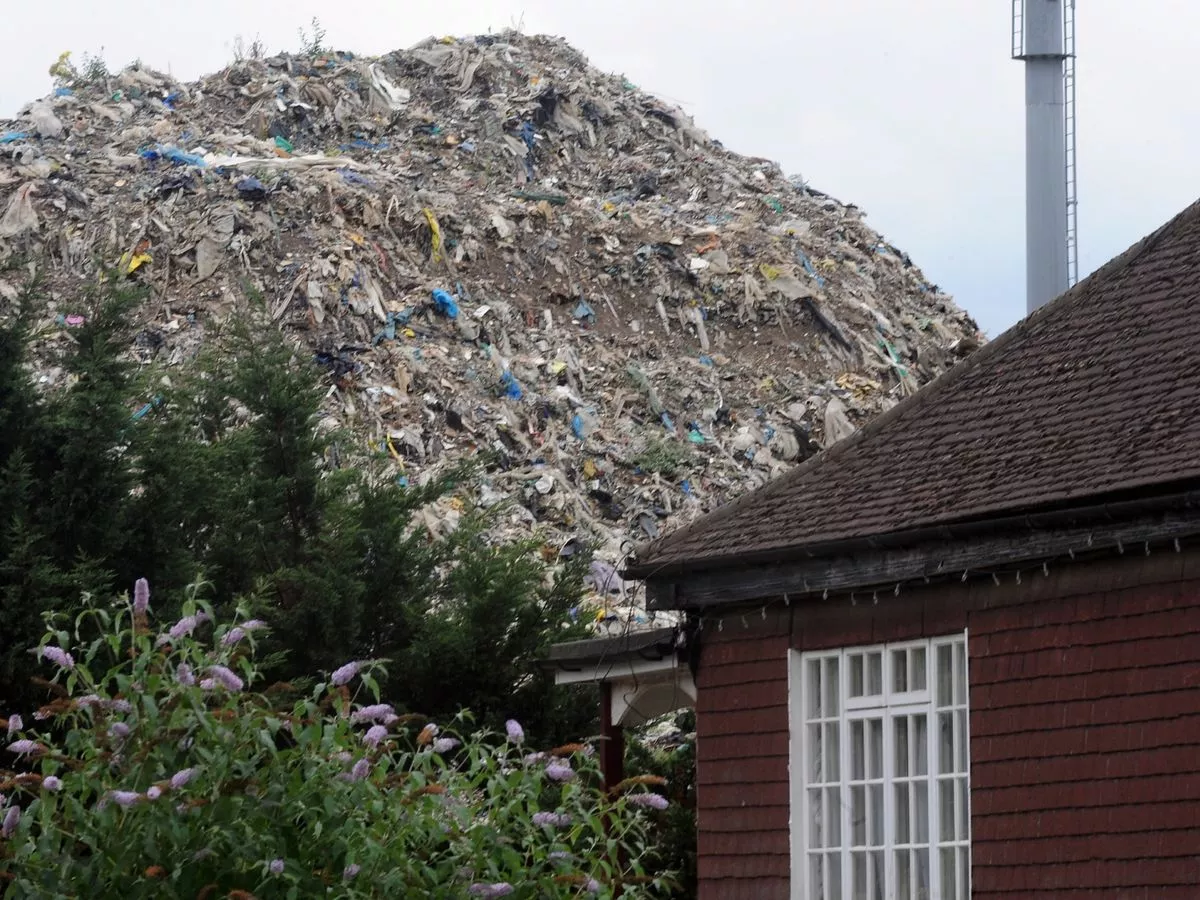Property appraisal is a complex process, and its primary goal is to determine the most probable price a property would bring in a competitive and open market. While factors like location, size, condition, and comparable sales play significant roles in this determination, environmental factors are steadily gaining prominence. The presence of environmental issues, such as soil contamination or the need for oil tank removal, can significantly impact property values. Here’s a closer look at how appraisers factor in these concerns:
Soil Contamination
Contaminated soil is a major environmental concern that can affect a property’s value. Soil contamination can occur due to various reasons: previous industrial usage, agricultural chemicals, or even a leaking underground storage tank. Contaminated soil can pose health risks, limit property use, and result in significant cleanup costs.
Impact on Usability: If the soil is found to be contaminated, it can restrict how the property is used. For instance, a plot initially intended for residential development might no longer be suitable for such purposes until remediation occurs.
Cost of Remediation: Cleaning up contaminated soil can be expensive. Appraisers will factor in these costs, potentially deducting them from the property’s value. The extent of the deduction will depend on the severity of the contamination and the estimated cleanup cost.
Stigma and Perception: Even after successful remediation, a history of soil contamination can impact potential buyers’ perceptions, leading to a decrease in demand and, consequently, value.
Oil Tanks and Their Removal
Underground oil tanks, once popular for heating homes, can pose significant environmental and financial risks, especially if they leak. A property that has or is suspected to have an underground oil tank can see its value affected in various ways:
Cost of Removal: If an unused underground oil tank is discovered, it’s typically advisable to have it removed. The costs associated with the removal, which can be found at expert sites like oil tank removal in nj, can impact the property’s overall value.
Potential Contamination: Leaking oil tanks can lead to soil and groundwater contamination. The costs for cleanup, potential legal liabilities, and health concerns can significantly depress property values.
Disclosure Requirements: Sellers are often required to disclose the presence of an underground oil tank or previous contamination incidents. This disclosure can affect buyer interest and the perceived value of the property.
Proximity to Environmental Hazards
Beyond the boundaries of the property itself, nearby environmental hazards can also play a role in property appraisal. Proximity to landfills, industrial areas, or other potential sources of contamination can influence a property’s desirability and, therefore, its market value.

Impact on Financing and Insurance
Environmental risks linked to properties aren’t just a concern for buyers and sellers, but also for lenders and insurance companies. Lenders may be hesitant to finance properties with potential contamination issues due to the unforeseen costs of remediation. Meanwhile, insurance companies may charge higher premiums or even decline to insure properties with recognized environmental risks.
Lender Apprehension: Banks and other financial institutions typically conduct their risk assessments. A property with recognized environmental concerns, such as a decommissioned oil tank, may be deemed too risky for a mortgage without evidence of remediation. This can limit the pool of potential buyers, thereby affecting the property’s marketability and value.
Insurance Challenges: Insuring a property with environmental risks can be costly. Even companies specializing in high-risk properties, such as those offering oil tank insurance, might raise premiums based on the level of perceived risk. This added expense can deter potential buyers and subsequently decrease the property’s overall appeal and value.
Future Land Use Limitations
Environmental issues can place restrictions on future land use. Zoning regulations might change based on the environmental health of an area. For instance, land previously zoned for residential purposes might be rezoned as non-residential due to lingering contamination, severely reducing its market value.
Long-Term Implications: The long-term implications of environmental hazards can stretch for decades. A piece of land might remain unused or underutilized because of past contamination, affecting not only its value but also the overall aesthetics and utility of the surrounding area.
Green Remediation: On a positive note, there’s a growing emphasis on ‘green remediation.’ This approach involves employing sustainable methods to clean and reclaim land. By integrating eco-friendly practices and technologies, properties with past environmental issues can be revitalized, potentially restoring or even enhancing their market value.
Emerging Environmental Concerns
As our understanding of environmental science grows, new concerns might emerge that influence property values. For example, properties in areas susceptible to climate change effects, such as rising sea levels or increased wildfire risks, may see shifts in valuation.
Adaptive Infrastructure: The introduction of adaptive infrastructure, like seawalls in coastal areas or advanced fire-suppression systems in fire-prone zones, can influence property appraisals. Such infrastructure can serve as a mitigating factor, potentially stabilizing or increasing property values.
Shifts in Demand: Emerging environmental concerns can cause shifts in property demand. Areas once seen as highly desirable might face decreased demand due to increased environmental risks, whereas regions with adaptive measures in place might witness increased interest.
Wrapping Up
Taking everything into account, it’s clear that environmental factors play a crucial role in modern property appraisals. As environmental consciousness grows, buyers, sellers, and professionals in the real estate industry must remain informed about these evolving factors and their potential impacts on property values. Properly addressing and mitigating these concerns not only ensures the safety and health of inhabitants but also maintains and potentially enhances the value of properties in the long run.






